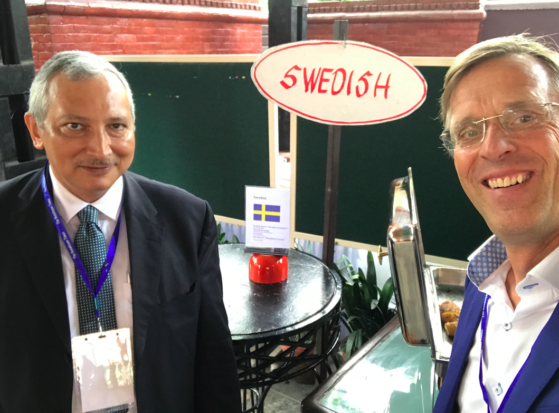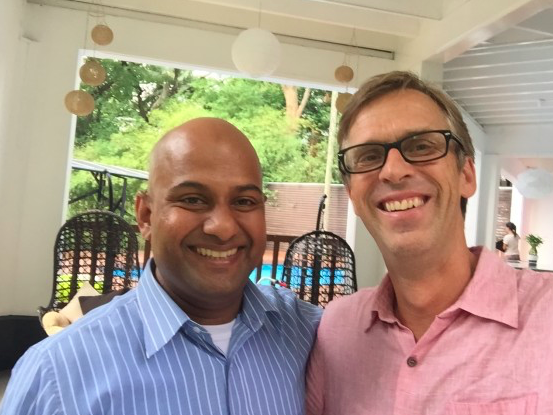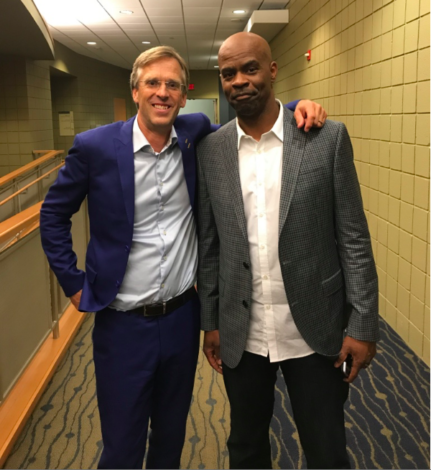
Here is something that makes me annoyed: Speakers who think that they have to simply their message just because they are speaking in a less “developed” country.
It’s like they think that just because the COUNTRY is less developed the people in the AUDIENCE are less developed.
After having spoken in way over 30 developing countries (from China and India to the Philippines and South Africa) it is my firm belief that that is simply an arrogant and false premise.
The world has changed. And today I think you should just not assume that any audience is less knowledge than another just based on geographic considerations.
And yet I see so many speakers from the West doing exactly that.
Mansplaining is a new word about how (some) men have a need to explain the simplest of things to women in a condescending or patronizing way.
Perhaps we need a new word: “Westplaining”: when people from the “west” or “developed countries’ come to “developing countries” and feel a need to “explain how the world works in a condescending or simplistic way.”
I have spoken at creative conferences in countries like Bangladesh, Mauritius, Indonesia, Thailand, Malaysia, China, India and many other developing countries and I am always impressed and inspired by the creative minds that I meet there.
And a few days ago I did a speech for a branding conference in Kathmandu, Nepal. The conference was an other example of the high level of creativity, knowledge and aspirations of creative people in the developing world.

I did exactly the same kind of speech I would do if I was invited to speak at a creative conference in Berlin or New York. And it worked just as well.
So do yourself – and the audience – a favour: Never judge the competences of an audience based on the country they live in or the passport they hold.
(Ps. I wrote a book about creativity in developing countries a few years back called “The Developing World: How an explosion of creativity in developing countries in the the developing world is changing the world, and why the developed world has to start paying attention.” You can watch a small animated video about the premise of the theme of the book here. (And read about the book here.)
ps. Here is a creative thing the organisers of BrandFest did; At the lunch buffet they had added a few dishes from with famous food from the country the foreign speakers came from. In my case they served: “Fredrik Haren Swedish Meetballs”. I love when conference organiser add these small, little extra details to a conference.


